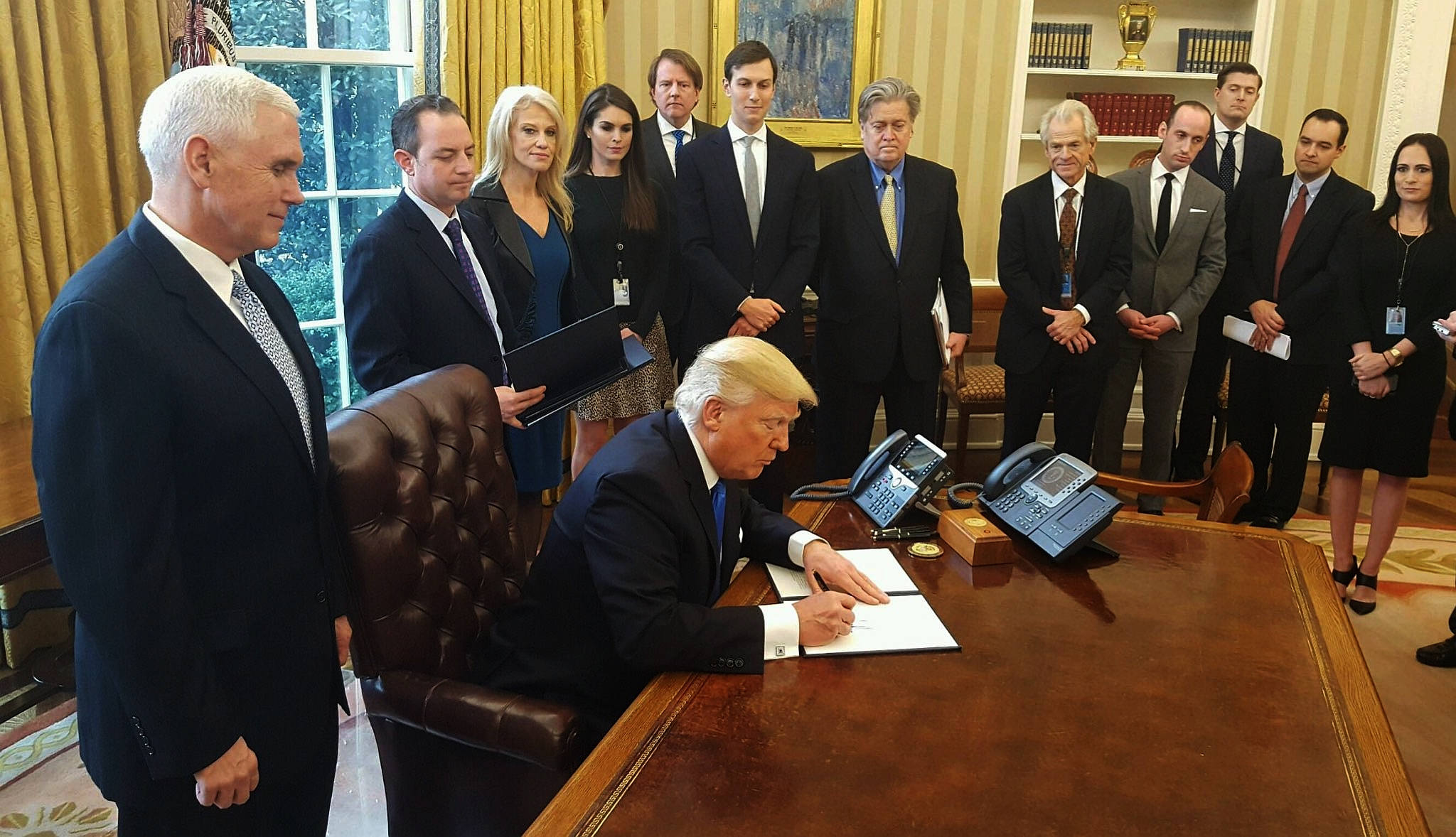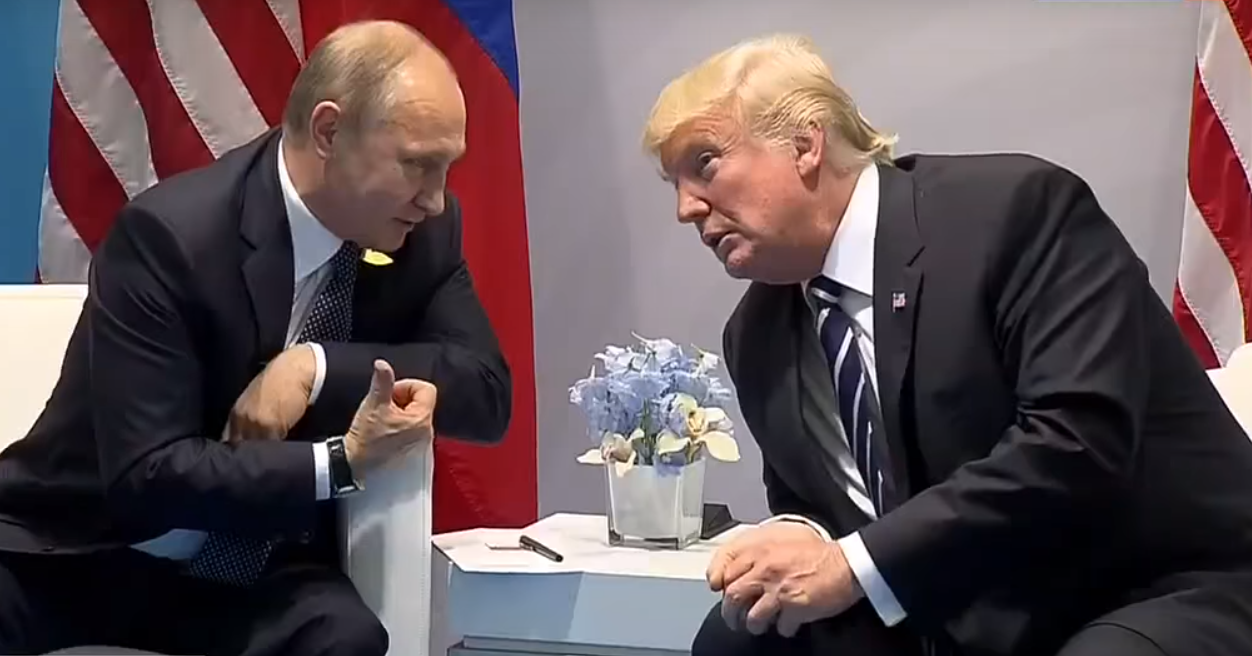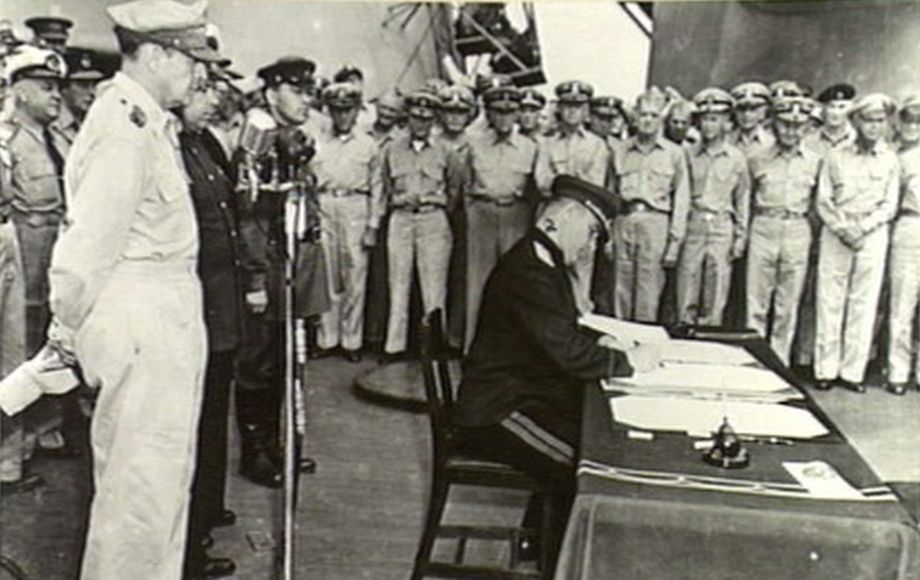Ever since President Donald Trump elevated self-proclaimed white nationalist Steve Bannon to the National Security Council at the expense of the Director of National Intelligence and the Chairman of the Joint Chiefs of Staff, the author of these lines has been unable to stop thinking about something that happened 26 years ago this month.
At the end of January 1991, Jerry Hough of Duke University, Ed Hewett of the Brookings Institution
who was soon to join the National Security Council staff, and I had the honor of briefing Governor Douglas Wilder of Virginia about developments in the Soviet Union under Mikhail Gorbachev.
It was a most interesting meeting at the governor’s mansion in Richmond, but one remark has stuck with me to this day. Professor Hough said that whatever Gorbachev did – and this was just after he had ordered the killings in Vilnius and Riga – the US had to make an alliance with Moscow to “withstand threats and challenges from Asia and Africa.”
Ed Hewett and I were shocked not just by the uncouth offensiveness of talking about US foreign policy in such a racially charged way to America’s only Black governor but also and even more by the immorality of implying intentionally or not that the US should build an alliance with Moscow on that basis.
Much has been said and even documented about the fact that President Trump’s domestic political base consists largely of working class white males and that his domestic policies will reflect that reality. But if that white nationalism – which in fact is just a euphemism for racism – now extends to foreign policy, we are in deeper trouble than anyone can imagine.
Not only is racism morally wrong and alien to the best principles of the American project, but it fails to recognize that the populations of the countries of the world are increasingly multi-ethnic and multi-racial and that the articulation of a race-based policy will not only exacerbate international tensions but tear countries apart.
The United States which continues to struggle with the problems of race will soon cease to be a “white” majority country, and the Russian Federation, which has an equally dark past in dealing with minorities, is ever less ethnic Russian, however much Vladimir Putin and his acolytes try to suggest otherwise.
The United States has many allies with countries that are “racially
” different than our own because we have more fundamental common interests, and it has fundamental differences with many others, including the Russian Federation, which in the eyes of some are “racially” more similar.
Consequently, the supposed defense of one race against another must not be the basis for foreign policy or for any alliance with another country that is supposedly “racially” similar. That doesn't reflect the national interests of the United States; it reflects the recrudescence of an ancient evil that must be struggled against.
Related:
- With Trump, Russian government and Russian opposition swap positions on US
- Solovey on the shape of the emerging Putin-Trump ‘Bid Deal’ on Ukraine and much else
- In case anyone thinks Putin isn’t getting exactly what he wants from Trump…
- How Trump can avoid WWIII
- What Putin got and what Trump gave up in their phone call
- Putin wants a deal with Trump because his resources are running out, Borovoy says





